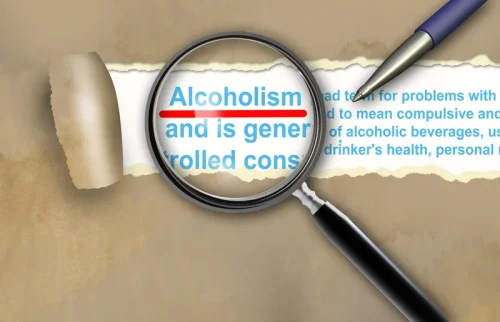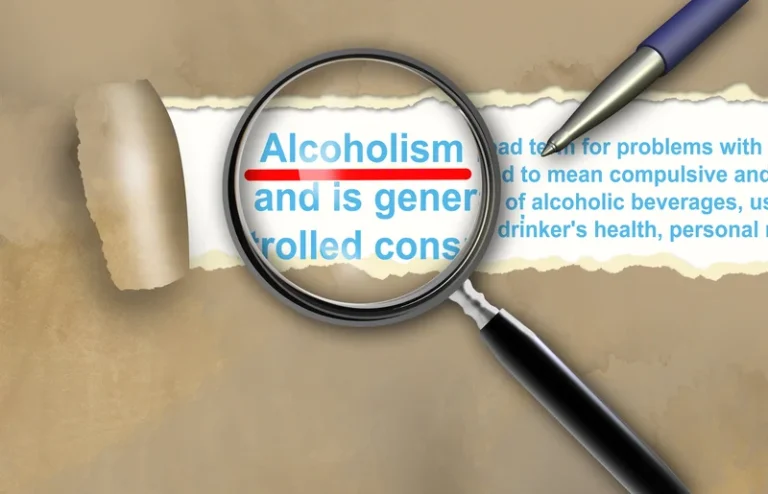
It can serve as a visual representation of progress, allowing individuals to track their journey and celebrate milestones. Additionally, writing can serve as a form of self-reflection and exploration, helping to clarify values and motivations for recovery. Personalized addiction recovery is possible with professional treatment programs. These offer services https://ecosoberhouse.com/ like detox, therapy, counseling, and medication-assisted treatment, tailored to each individual.
Addiction and mental health therapy tailored to your needs
One minute you think you have control over your life and the next minute you find yourself lying to the people you love the most – including yourself. Most of the time, addicts will start to struggle in their work-life, relationships, and all other responsibilities. Forgive yourself for past errors and show empathy towards your journey. It’s time to level up and try again; drug addiction treatment getting back up after a relapse is like hitting the reset button on a motivational video game. Recognizing potential roadblocks and devising strategies to overcome them can keep motivation alive.

Why Hope Matters for Recovery
Engaging with others in recovery recovery motivation establishes camaraderie and connection. Support groups or 12-step programs let individuals share their tales, pick up wisdom from those who have gone through similar issues and get inspired by success stories. Your path to recovery deserves unwavering support, guidance, and expertise. At Del Arroyo Recovery Center, we’re here to walk beside you every step of the way. Whether you’re just beginning or looking to strengthen your commitment, let’s tackle the journey together.

Hope in Action: Success Stories
Recognizing and addressing these challenges is crucial for maintaining motivation and preventing relapse. Real-life success stories and testimonials offer a lot of inspiration for addiction recovery. Hearing about others who have overcome challenges can give individuals motivation, encouragement, and strategies. These powerful narratives emphasize that staying motivated is key to achieving long-term sobriety. This involves setting goals, finding purpose, and taking charge of positive choices. With intrinsic motivation, people are more apt to stay devoted and conquer obstacles.

The underlying assumption pervading these early treatment approaches was that alcohol and drug addiction was either a moral failing or a pernicious disease (White, 2014). Contingency management is a counseling strategy that can reinforce extrinsic motivation. It uses external motivators or reinforcers (e.g., expectation of a reward or negative consequence) to enhance behavior change (Sayegh, Huey, Zara, & Jhaveri, 2017). Motivation is the driving force behind seeking recovery in the first place. Despite what they say in the rooms, sometimes we don’t always get sober for ourselves. Maybe you got into recovery because your partner threatened to leave you, or you were at risk of losing your job.
- Also, refocusing mindset means redirecting thoughts away from anything that might hinder progress.
- Uncover the impact, resources, and strategies for overcoming emotional eating.
- Getting expert help from counselors, therapists or addiction specialists can give individualized and tailored support.
- Sober support networks are also available and consist of peers in recovery.
- Group therapy involves treatment as well as processing interaction between group members.

It’s a visual reminder of why you started the journey and helps keep you centered on sobriety. Therapists, counselors, and specialized programs, like Del Arroyo Recovery Center, offer guidance tailored to your unique journey. These professionals provide tools, insights, and perspectives that can fortify your motivation. Remember, seeking support isn’t a sign of weakness—it’s a testament to your commitment to a lasting recovery. Sustainable recovery is possible and the best version of youself awaits at our Norcross addiction recovery center.
- Psychological factors, such as the need for pleasure, stress relief, or coping with underlying emotional issues, can also contribute to the motivation for addiction.
- One key component to assist with this, SAMHSA says, is an empathetic counselor who can help you not only remain in treatment but lower your substance use.
- Seek personalized addiction recovery treatment options and support resources specific to one’s needs.
- Real-life success stories and testimonials offer a lot of inspiration for addiction recovery.
Treatment Success and Positive Change Are Possible
This is called “natural recovery.” Recovery from SUDs can happen with limited treatment or participation in mutual-aid support groups such as Alcoholics Anonymous and Narcotics Anonymous. As many as 45 percent of participants in the National Prevalence Survey resolved their substance use problems through participation in mutual-aid support programs (Kelly et al., 2017). The development of the modern SUD treatment system dates only from the late 1950s. Even “modern” addiction treatment has not always acknowledged counselors’ capacity to support client motivation. Historically, motivation was considered a static client trait; the client either had it or did not have it, and there was nothing a counselor could do to influence it.